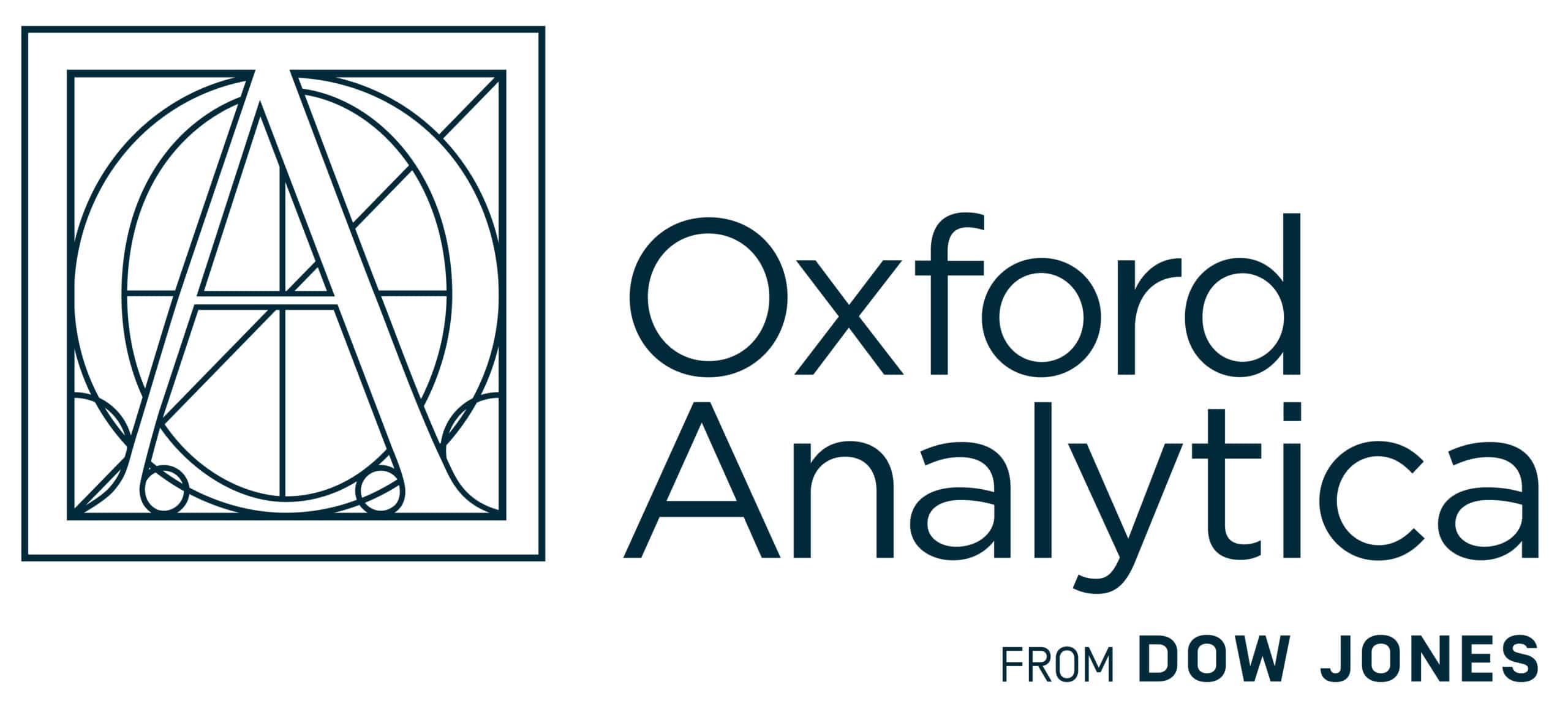Instead of breaking it up, the European Commission has fined Google for allegedly distorting online advertising markets
Yesterday, a group of activists and lobby control organisations staged protests outside the EU headquarters in Brussels, demanding that EU Competition Commissioner Teresa Ribera break up US tech giant Google. This followed the antitrust ruling on September 4, in which the European Commission fined Google EUR2.95bn (USD3.5bn) for allegedly distorting advertising technology (adtech) markets. The remedy signalled a moment of transatlantic antitrust alignment with the United States at a time of increasing US pressure on EU digital regulators.
What’s next
Google is widely expected to appeal, potentially extending the case through the EU courts for years. The EU approach could strengthen US-EU alignment on antitrust and digital market norms, but US political posturing could transform a technical competition-law issue into a geopolitical flashpoint. In practice, fines and behavioural remedies are likely to remain the primary enforcement tools, with the divestiture threat simply signalling regulatory seriousness. This is likely to ensure continued intra-EU divisions regarding tech antitrust enforcement.
Subsidiary Impacts
- Deploying structural remedies would raise the prospect of a more interventionist EU regulatory model against dominant digital platforms.
- EU structural remedies — if carried out — could also set a global precedent, emboldening regulators in India, Brazil and Japan.
- Challenges with enforcement could complicate future WTO or OECD-level efforts to establish global digital trade norms and standards.
Analysis
Following the EU antitrust ruling, Google has 60 days to outline corrective measures, although an appeal is widely expected.
Brussels warned that the alleged violations could only be fully remedied by forcing Google to divest parts of its adtech business. Although the tech giant has faced larger penalties in the EU before — including a EUR4.12bn fine in 2018 over Android — this is the first time the Commission has raised the prospect of structural remedies such as forced divestitures that go beyond financial sanctions (see EU/US: ‘Big tech’ faces tighter competition oversight – August 28, 2018).
Regulatory alignment
The Commission’s decision comes as the US Department of Justice (DOJ) pursues its own cases against Google’s market dominance, signaling a rare moment of antitrust enforcement alignment across the Atlantic. In fact, Brussels and Washington have allegedly coordinated on their respective antitrust actions.
Earlier this month, in United States v. Google LLC (2020), Google avoided a US court order to separate its business — following a ruling last year that it had illegally monopolised search through exclusive default agreements — with the DOJ pressing for the divestiture of Chrome, and potentially Android.
Instead of these structural remedies, the US District Judge Amit Mehta opted for behavioural remedies, including exclusive default contract bans and requiring Google to share its search index and user interaction data with competitors to ensure rivals could compete on equal footing (see UNITED STATES:Google ruling highlights evolving market – September 9, 2025).
In a separate adtech antitrust case United States v. Google LLC (2023), Google was found to monopolise the online advertising technology market via tying its ad exchange (AdX) with its publisher ad server (DFP); the remedy phase of the trial began yesterday.
These concurrent cases highlight the intensifying scrutiny of Google’s market practices globally, increasing pressure on the company’s core search and advertising businesses.
Brussels calculus
Although the European Commission’s EUR2.95bn fine and threat of forced divestitures signal serious scrutiny of Google’s ad-tech dominance, Brussels is likely to tread carefully (see EU: Tech antitrust enforcers may yield to US pressure – February 3, 2025).
The Commission’s main material priority is to prevent Google from skewing auctions, disadvantaging rivals, fragmenting cross-border competition and indirectly hampering innovation, while maintaining market stability for publishers and advertisers.
In 2020, the reliance of major European publishers on Google’s ad exchange was estimated to capture over 80% of programmatic revenues, illustrating the bloc’s dependency and limited market alternatives. In aggregate, these dynamics suppress market dynamism, slow the growth of native digital industries and amplify long-term vulnerabilities in Europe’s digital sovereignty.
Moreover, by systematically favouring its own services across search and adtech platforms, Google constrains competition in a sector worth over EUR50bn annually, effectively blocking smaller European adtech firms from scaling and limiting innovation in AI-driven advertising solutions.
However, although legally possible, structural remedies may be politically fraught not just because of US pressure, but due to intra-EU politics. Larger digital markets such as Germany, France and the Netherlands may favour aggressive enforcement to protect domestic tech and advertising ecosystems, but smaller or more Google-dependent states, particularly Ireland, could oppose structural remedies for fear of economic disruption.
Structural remedies may be politically fraught due to intra-EU politics
Brussels must additionally manage reputational risk: a weak approach risks undermining its authority, while regulatory overreach could disrupt markets and provoke political backlash, making the Commission’s signalling as important as any actual structural remedy. Hence, the divestiture threat may function mainly as leverage to ensure compliance at this stage, with fines and behavioural changes expected to be the real tools.
Politicisation
Beyond competition law, the Brussels ruling against Google highlights the political and geopolitical stakes of regulating a US tech giant. It was feared that the ruling could further aggravate EU trade tensions with the United States, particularly as Brussels and Washington have still been hammering out the details of a trade deal struck in late July.
Specifically, US President Donald Trump swiftly condemned the EU ruling as ‘discriminatory’, threatening to initiate a Section 301 investigation — a provision under US trade law that allows for retaliatory tariffs against foreign countries whose actions are deemed unjustifiable.
US President Donald Trump swiftly condemned the EU ruling as ‘discriminatory’
The timing of the EU announcement also broadly coincided with US big tech CEOs gathering in the White House. Google dismissed the penalty as “unjustified”, with its global head of regulatory affairs warning it would hurt thousands of European businesses, echoing a broader US tech industry sentiment that Europe disproportionately targets US firms.
This coordinated criticism from the White House and US tech firms, has prompted many high-level EU representatives to publicly defend European digital rules and call for ongoing enforcement. However, internal divisions have deepened over the future direction of the bloc’s tech regulations, particularly as Brussels seeks greater sovereignty and advantage in tech leadership.
Outlook
The latest Brussels antitrust ruling against Google highlights both the promise and complexity of transatlantic tech governance.
On the one hand, the rare alignment between Brussels and Washington on antitrust enforcement of big tech creates a valuable opportunity for global norm-setting, at a time when Western nations seek to write the rules of the digital economy and rein in the power of dominant platforms while competing with the state-backed Chinese model.
On the other hand, some policy-makers believe that the heavy-handed transactional style of Trump’s economic diplomacy could thwart the strategic opportunity this moment of regulatory convergence offers.
Although the United States prioritises protecting its national tech champions in geostrategic rivalry with China, Europe’s parallel enforcement could strengthen — rather than undermine — Western technological dominance. The challenge lies in elevating this convergence from the technical antitrust plane to strategic political coordination, where shared values and economic interests can override short-term protectionism.




